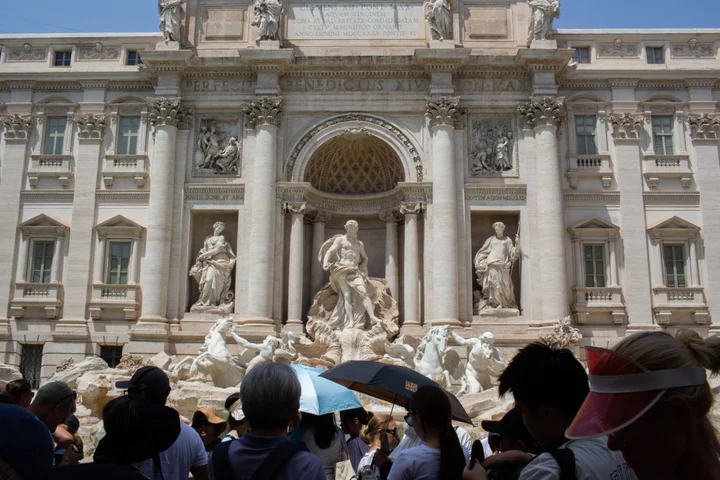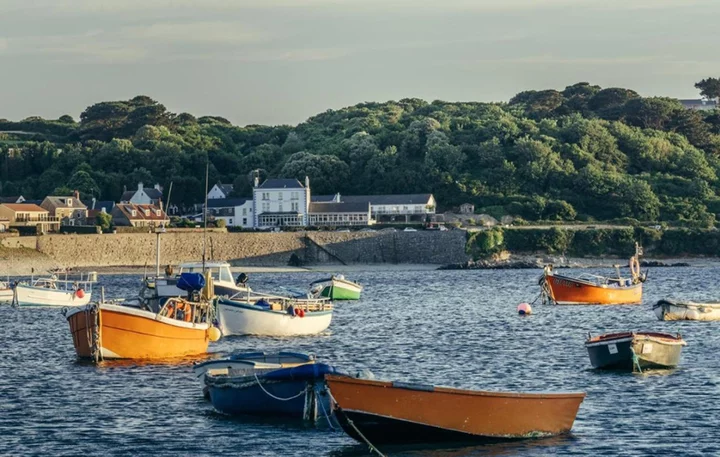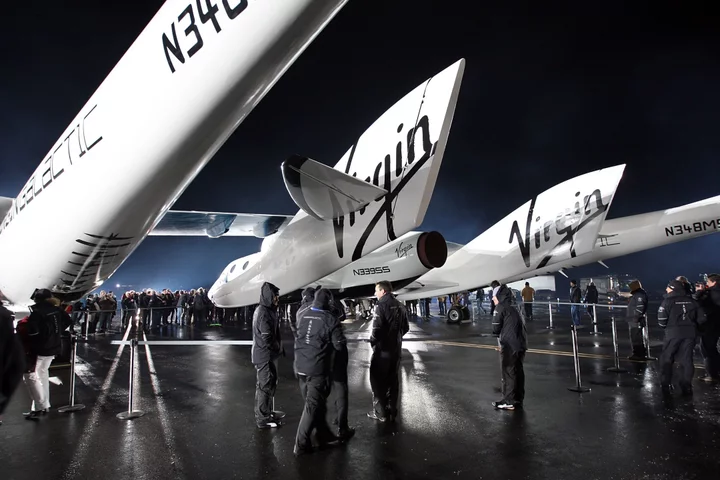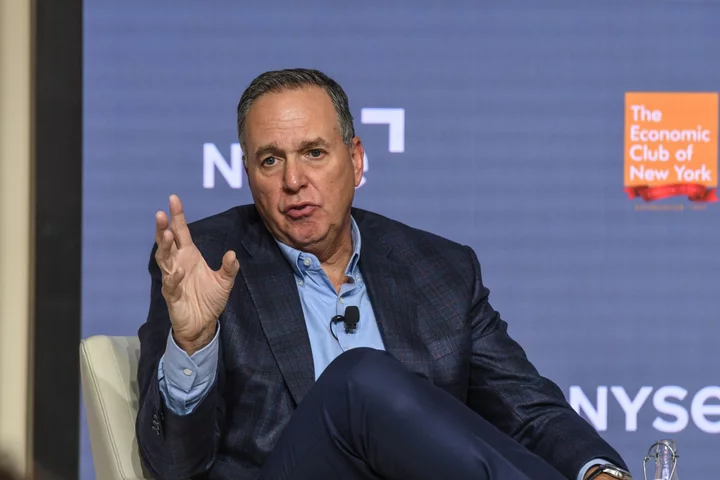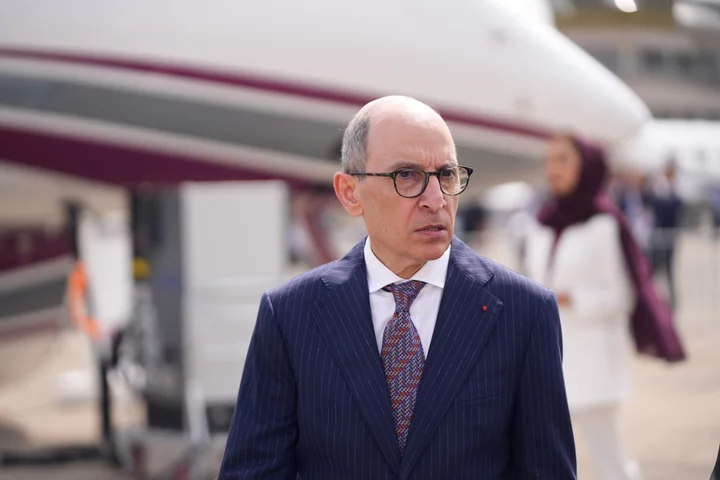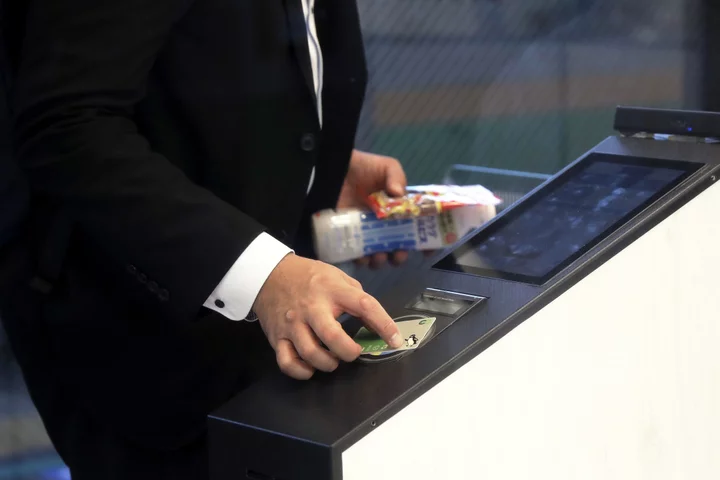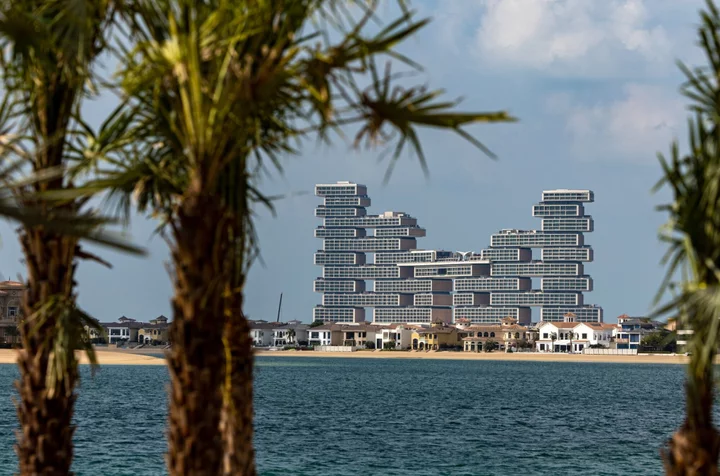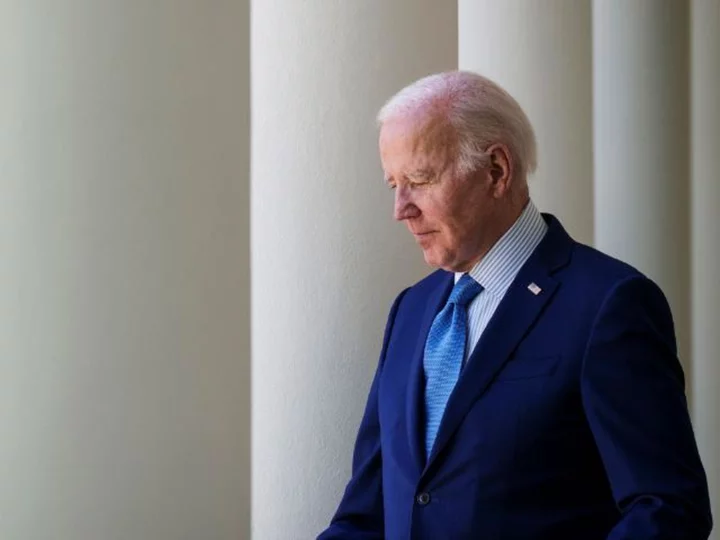Before Prime Minister Giorgia Meloni goes on her summer break, she aims to resolve an issue which is spoiling the holidays of tourists flocking to Italian cities: finding a taxi.
Thousands of visitors to Rome, Florence and other popular destinations have struggled to get a taxi over recent weeks, forced to wait for hours and often in hot sunshine at train stations, airports, and city centers.
Meloni, who is due take her holiday later this month, is determined to find a solution, according to a government statement earlier this week. This would require an agreement with powerful taxi drivers associations to overhaul a 1992 norm which keeps the number of licenses low, protecting their earnings.
The taxi lobby is symbolic of how difficult it is to open up competition in Italy. The lobby carries has outsized political influence compared to its size, and for years has capped the number of permits available amid little transparency on how they are assigned.
The right-wing coalition Meloni leads, whose parties have traditionally protected taxi drivers, is working on a new decree. It would allow local administrations to increase the number of licenses by about 20% to 30%, according to officials familiar with the plan. The measures could be approved as soon as Monday, the people said, even if a delay is possible given the issue is politically sensitive.
Successive governments have tried but failed to increase the number of permits, after protests by taxi drivers protests blocked cities.
Infrastructure and Transportation Minister Matteo Salvini, leader of the anti-migrant League, has called for “reasonable” solutions.
Uber is a limited and expensive option in Italy, where the platform is restricted to drivers licensed by the municipal authority, with the price of a ride increasing at peak times.

